The National Institute of Oncology
The Institut National d'Oncologie Sidi Mohamed Ben Abdellah (INO) is a 187-bed public university hospital in Rabat dedicated exclusively to cancer care. Affiliated with the Centre Hospitalier Universitaire Ibn Sina, it delivers medical oncology, surgery, radiotherapy, imaging, and pathology services while training specialists from across Africa. In 2023 the facility was named an International Atomic Energy Agency collaborating center, underscoring its regional leadership in oncology.
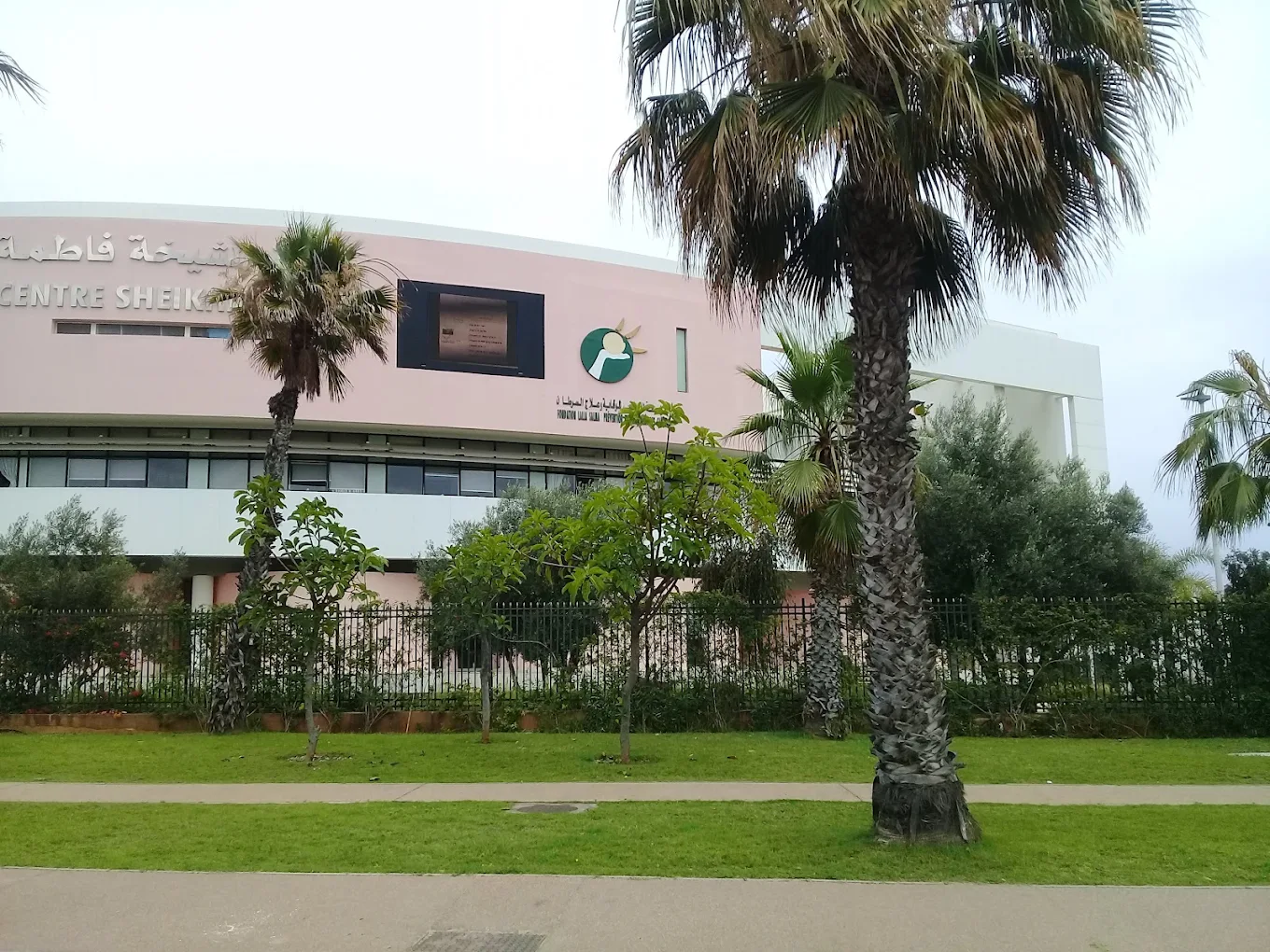
About The Clinic
Institut National d'Oncologie Sidi Mohamed Ben Abdellah (INO) stands at the heart of Morocco’s fight against cancer. Established in 1985 by royal decree and operating under the umbrella of the Centre Hospitalier Universitaire (CHU) Ibn Sina, the institute was conceived as the nation’s first fully integrated cancer center. Nearly four decades later, it remains the flagship public facility for oncology—not only for Rabat-Salé-Kénitra but for patients referred from every corner of the Kingdom and many African partner countries.
Comprehensive, Patient-Centred Care
INO’s 6400 m² campus on Avenue Allal El Fassi houses 187 inpatient beds, a modern Intensive Care Unit, a bustling Day Hospital, and a specialised Pain Treatment Centre. Multidisciplinary tumour boards meet daily to design personalised treatment plans that weave together medical oncology, surgery, radiotherapy, imaging, and pathology. The institute’s Cheikha Fatma Gynecological-Breast Unit provides a dedicated pathway for women facing breast and gynaecological malignancies, while the Digestive Oncology service performs complex hepato-gastroenterological procedures, including Morocco’s first public-sector hyperthermic intraperitoneal chemotherapy (HIPEC) operation in 2018.
Cutting-Edge Technology
INO has consistently invested in state-of-the-art equipment. The radiotherapy department operates linear accelerators, HDR brachytherapy units, and 3-D conformal planning systems. Imaging capabilities span a 3 Tesla MRI scanner, multi-slice CT, digital mammography, and PET/CT access, ensuring precise staging and real-time treatment verification. Anatomical pathology and molecular biology laboratories offer immunohistochemistry, cytogenetics, and increasingly, next-generation sequencing panels, enabling clinicians to tailor targeted therapies.
Education & Research
As a university hospital, INO fulfils a dual mandate of service delivery and academic advancement. Each year, dozens of residents, fellows, radiographers, and medical physicists rotate through its departments. The institute is a recognised International Atomic Energy Agency (IAEA) collaborating centre, training oncology teams from francophone and lusophone Africa in safe radiotherapy practices. Research units collaborate with the International Agency for Research on Cancer (IARC), the Lalla Salma Foundation, and national universities on clinical trials, epidemiological registries, and public-health interventions focused on prevention and early detection.
Milestones
- 1985: Inauguration and launch of Morocco’s first integrated cancer hospital.
- 1990-1992: Creation of an ICU and acquisition of the first linear accelerator and HDR brachytherapy device.
- 2003-2007: Opening of the Day Hospital, Pain Centre, and inpatient radiotherapy ward.
- 2009-2017: Installation of four new accelerators, MRI suite, and the Cheikha Fatma Gynecological-Breast Unit.
- 2018: First public-sector HIPEC surgery performed in Morocco.
- 2023: Designated an IAEA Collaborating Centre for cancer control.
Community Impact
INO’s outreach teams coordinate with regional oncology units to streamline referrals, offer tele-consultations, and organise screening caravans in rural provinces. Subsidised treatment programmes ensure that low-income patients receive chemotherapy and radiotherapy without interruption. During the COVID-19 pandemic, the institute remained operational 24/7, implementing strict infection-control protocols that allowed critical treatments to proceed safely.
Looking Ahead
Future projects include constructing a proton-therapy facility, expanding the Clinical Investigation Centre for early-phase trials, and digitising the hospital information system to unify electronic medical records across the CHU network. By blending compassionate care, advanced technology, and robust academic partnerships, INO continues to set the benchmark for oncology services in Morocco and the wider African continent.
Specialties






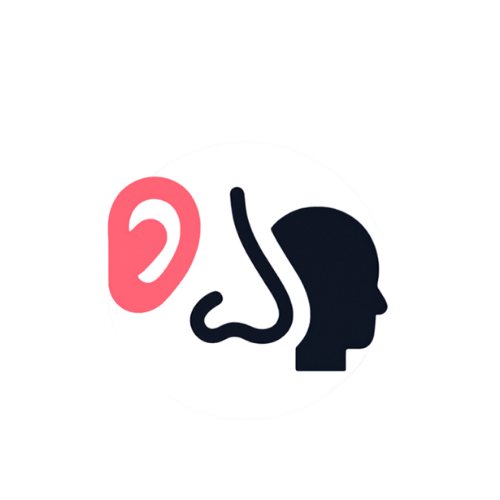
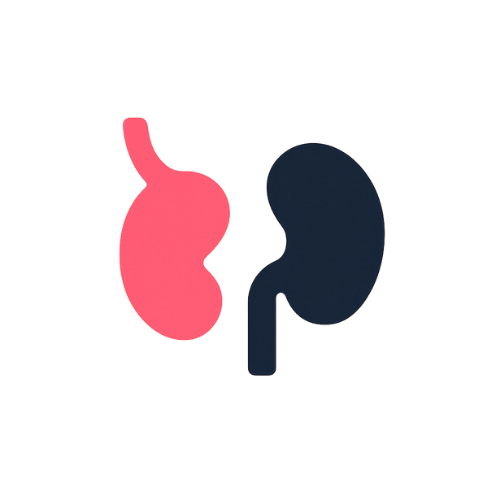





Photo gallery
.png)
Clinic information
Location

Feeling sick right now in Morocco? Here’s exactly what to do — your quick, essential medical guide.


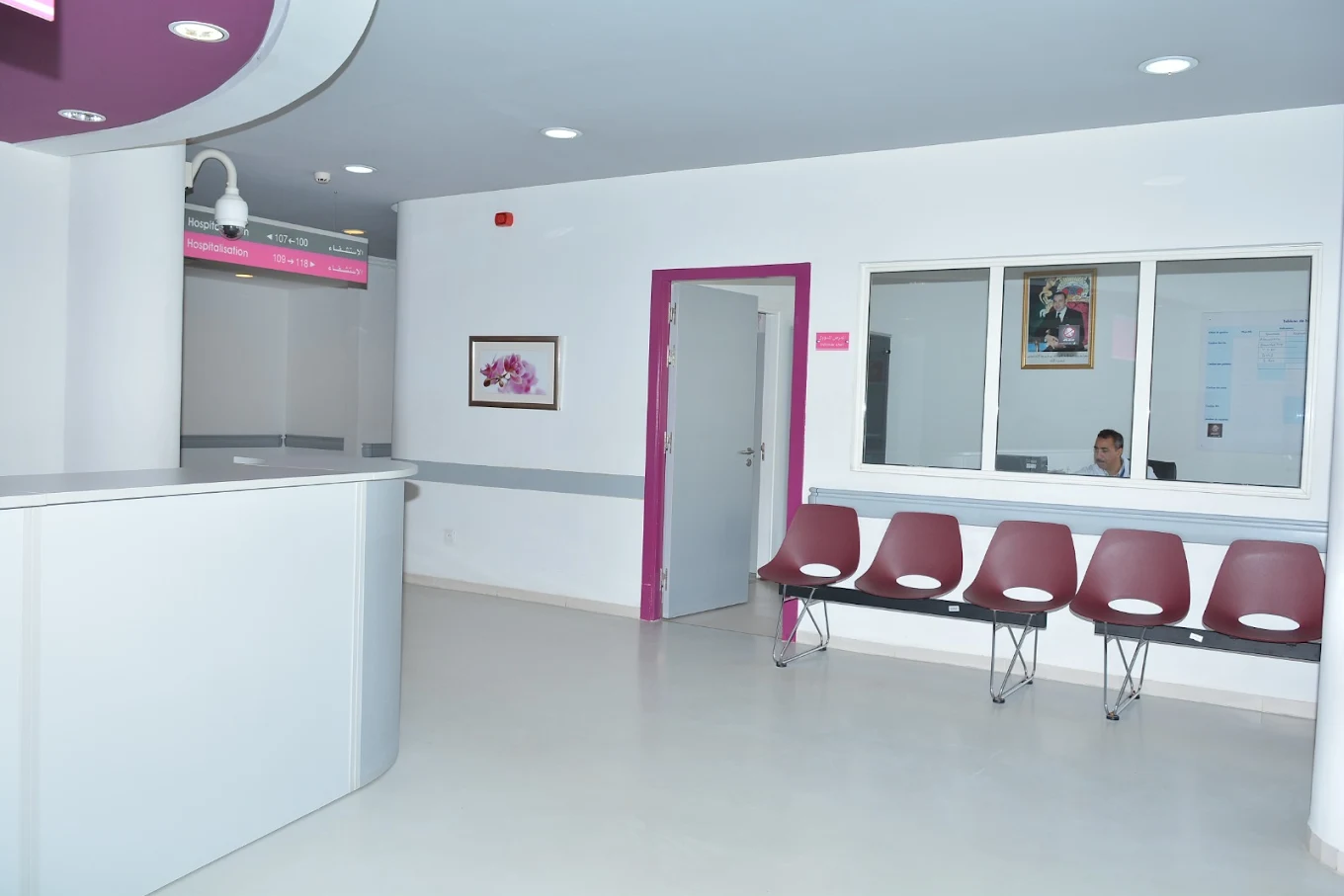
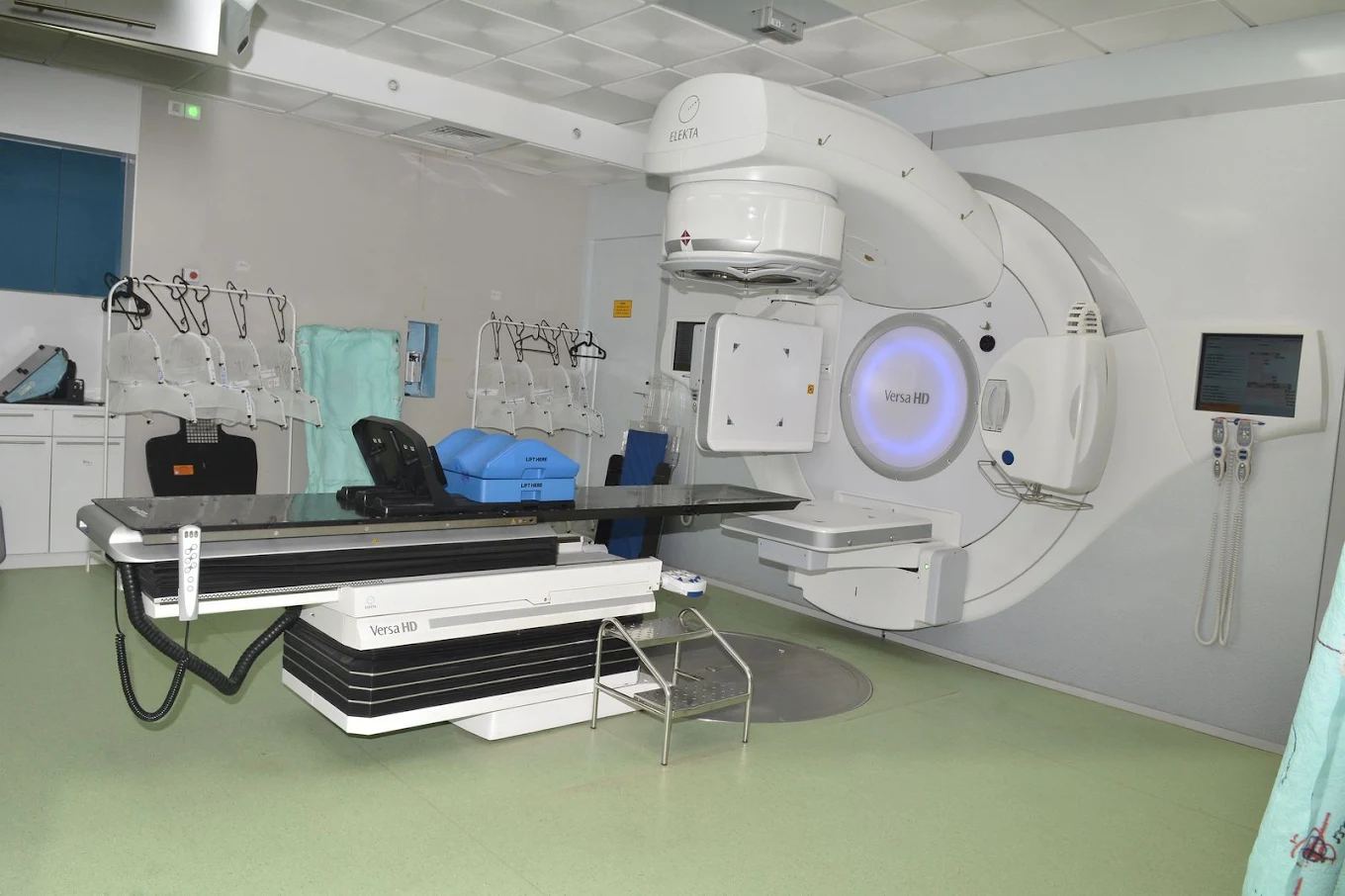
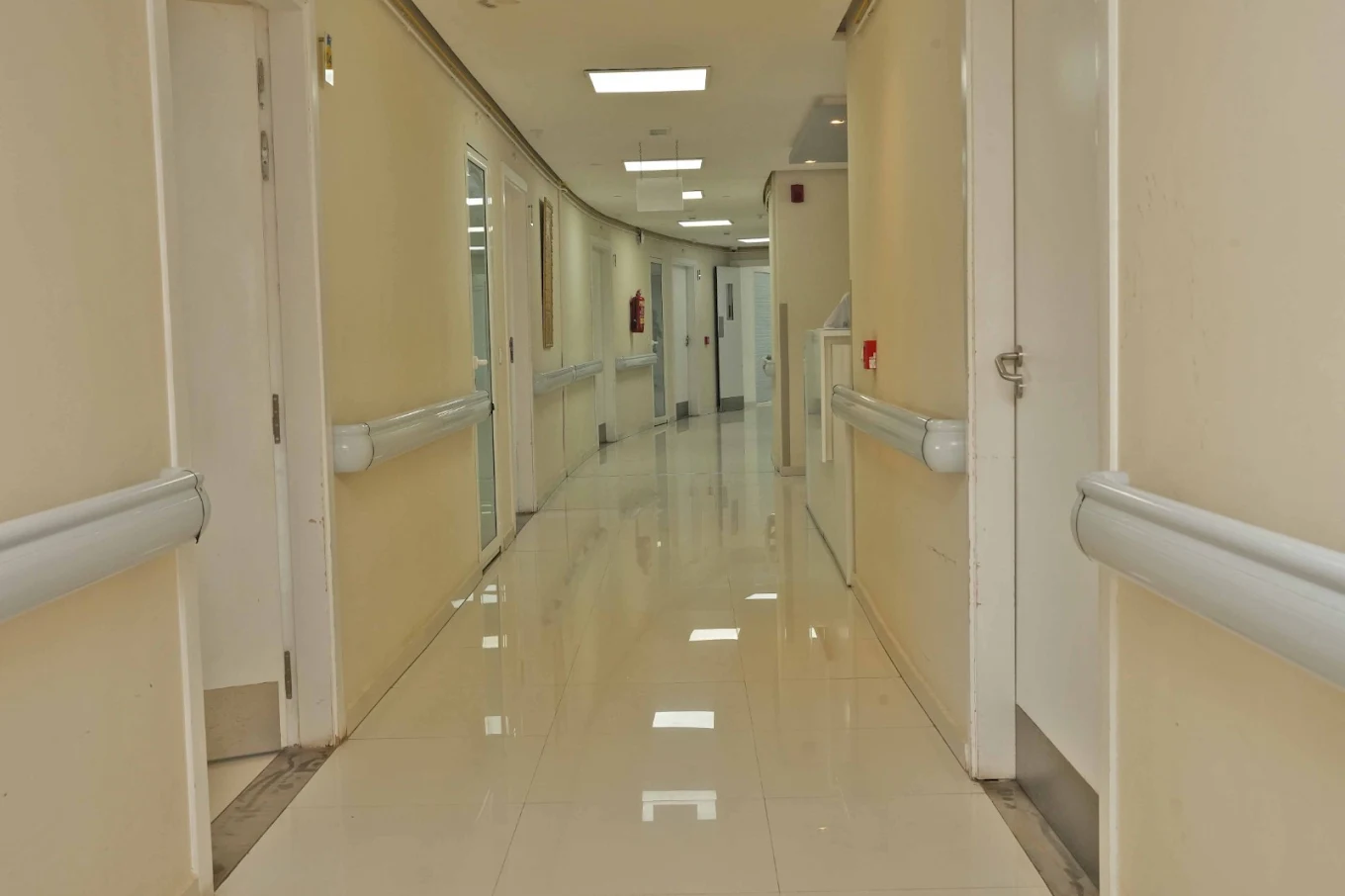
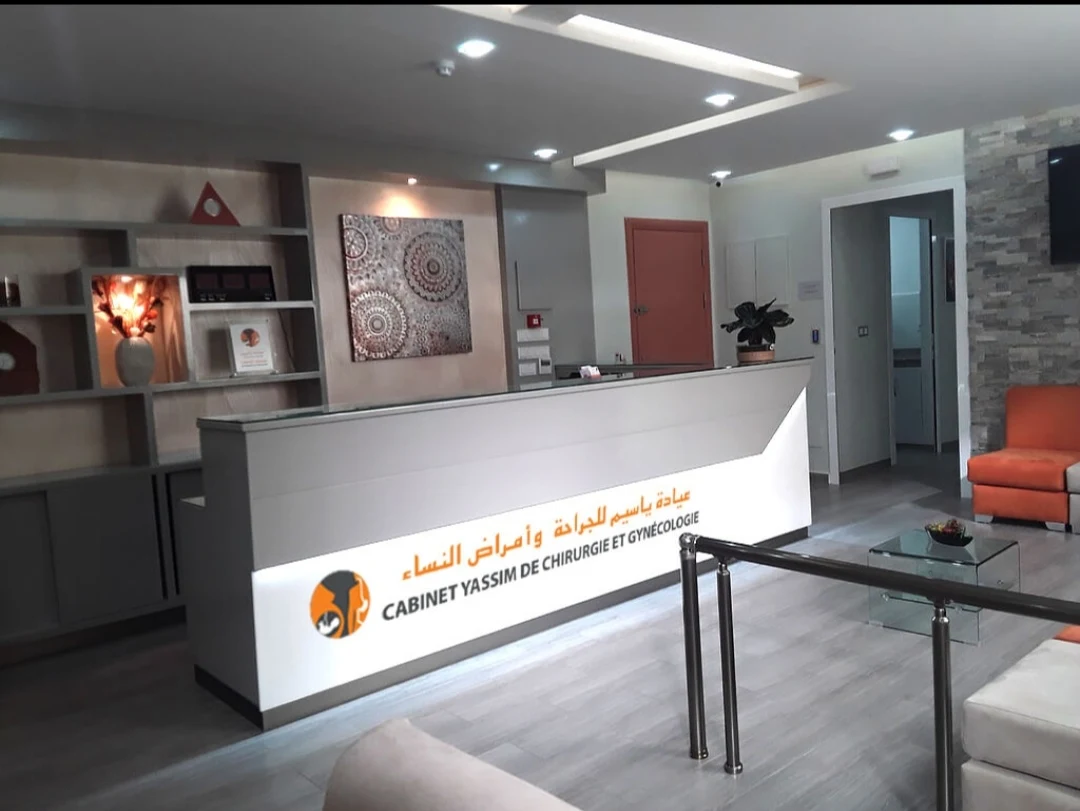

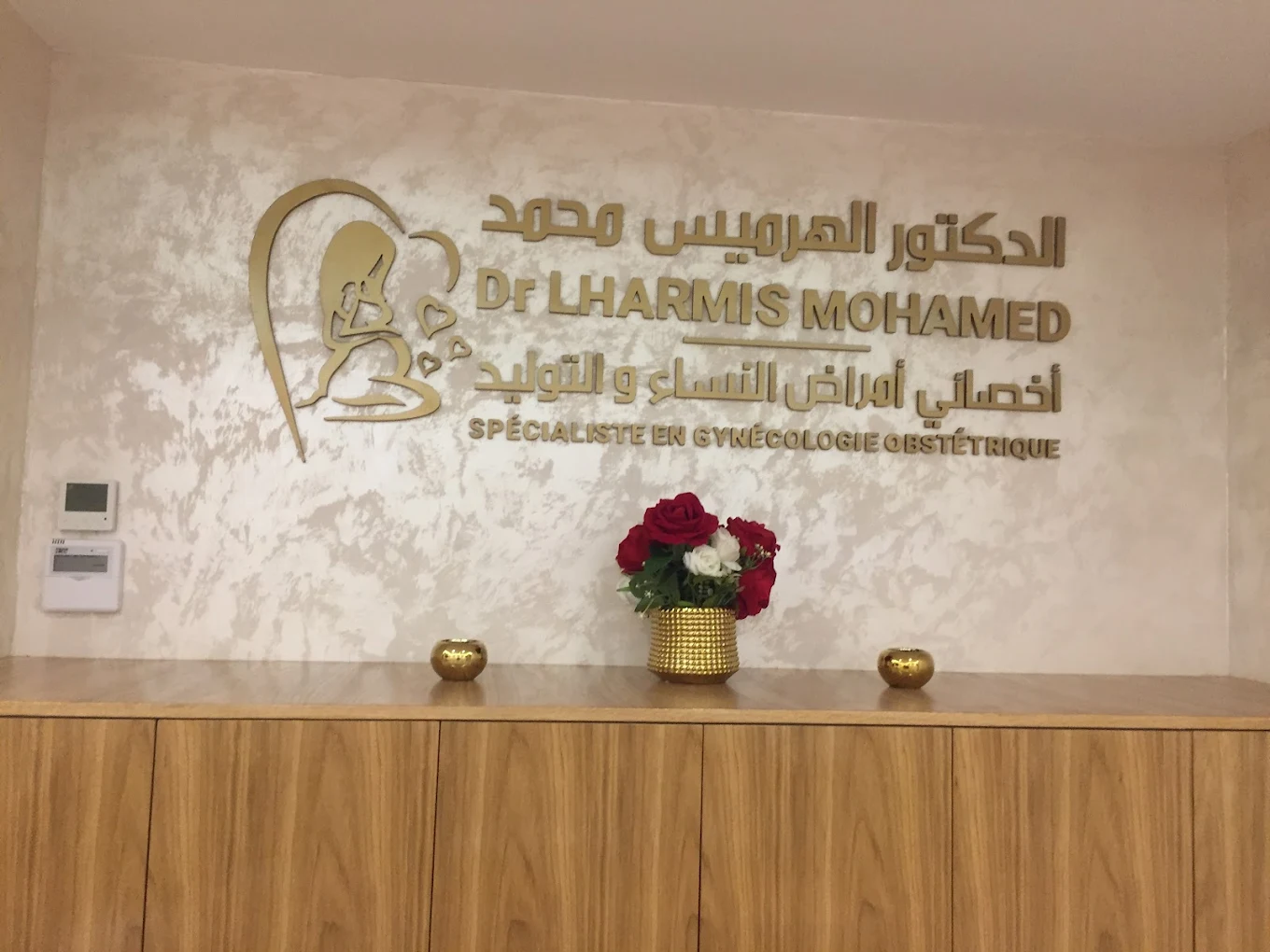
.png)